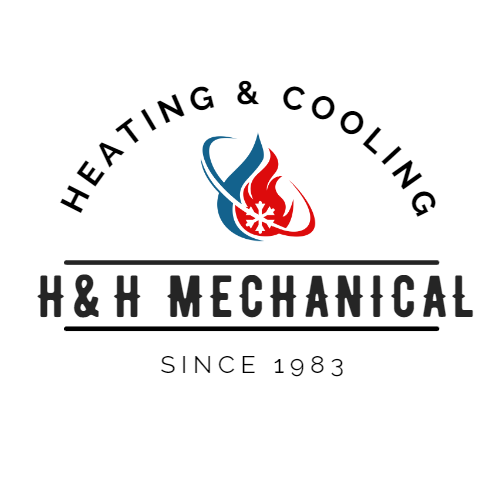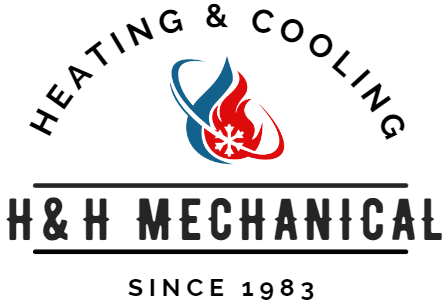5 tips to minimize the strain on your HVAC system during the summer.

As temperatures soar, it's important to keep your HVAC system in top condition to ensure it runs efficiently without unnecessary strain. Here are five tips to help you achieve that:
- Shade the AC Unit: Positioning your central air conditioning unit in a shaded area or providing artificial shade can help it run more efficiently, as it won't need to work as hard to cool the air when it's not in direct sunlight.
- Utilize Ceiling Fans: Spread the cool air better by using ceiling fans in tandem with your air conditioning. The fans will circulate the cool air and promote even cooling, allowing you to set the thermostat at a slightly higher temperature.
- Programmable Thermostats: Take advantage of programmable thermostats to automatically raise the temperature when you are not at home and cool down your house right before you return.
- Seal Ducts and Insulate: Make sure that all your ductwork is sealed properly and insulated, especially those running through unconditioned spaces like the attic. This prevents cool air from escaping and takes the load off your HVAC system.
- Regular Maintenance: Keep your HVAC system maintained by scheduling regular check-ups and cleaning sessions. This includes cleaning the condenser and evaporator coils and replacing the air filters regularly.
The Effects of Opening and Closing Doors Frequently on Your HVAC System
Opening and closing doors frequently can put extra strain on your HVAC system. Each time a door to the outside is opened, warm outside air is let into the home, which can increase the temperature in your home and cause your HVAC to work harder to maintain the set temperature. Consistently varying temperatures can lead to wear and tear on your system as it cycles on and off more frequently.
The Impact of Drafty Windows on Your HVAC System
Drafty windows can significantly affect your HVAC system's efficiency because they allow cool air to escape and warm air to enter. This means your system has to run longer to maintain the desired indoor temperature, which adds to its workload and could shorten its lifespan by increasing wear and tear.
The Strain Caused by Not Changing Your Air Filters
A clogged air filter restricts airflow, causing the HVAC system to work harder to circulate air through your home. This not only strains the system and increases wear but also decreases the air quality in your home and reduces the efficiency of your HVAC system. It can also lead to other maintenance issues such as frozen evaporator coils that could stop your HVAC system from working altogether. Regularly changing your air filters is one of the easiest and most effective ways to reduce the strain on your HVAC system and ensure it runs efficiently.
You might also like





